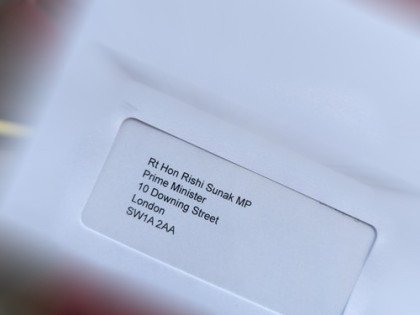According to the BBC, Hussey said: “E-cigarettes could normalise smoking among a generation which has grown up in a largely smoke-free society,” before going on to express her fears for the unknown implication of long-term use with children. The fear she harbours has convinced her to part-fund a PhD studentship with Cardiff University specifically looking at youth e-cigarette use.
The terms of reference for the doctorate covers two topics familiar to vapers: “e-cigarettes may re-normalise teenage smoking” and “they could be a new gateway into nicotine addiction.” It would appear clear that she knows what she would like the successful candidate to find, themes she was happy to put out on the Wales Online website.
“(The Cardiff) research demonstrates that e-cigarettes are being used by young people who have never smoked,” she added. “We should be doing everything we can to prevent a new generation becoming addicted to nicotine.”
The study she is using to her own ends is quite clear in its findings:
- Current weekly smokers were 100 times more likely than non-smokers to report regular e-cigarette use
- Regular e-cigarette use was also more likely among those who had smoked cannabis
It will concern users of electronic cigarettes that 5.8% of Primary children have access to vaping equipment but it should be noted that they are already likely to be smokers, ex-smokers or cannabis users. Some would say that under-11 access to such things is of more concern than the use of ecigs – already demonstrated by research to pose less of a health problem than smoking tobacco.
The authors state in their conclusions: “Regular use is less common, and is associated with tobacco cigarette use,” something they continue in an article written for The Conversation. Unlike Hussey’s interpretation of their findings, the authors are unequivocal in stating there’s “no evidence it’s a gateway to smoking.”
Doctor Graham Moore, the team’s lead and a research fellow at the university, writes: “the prevalence of regular e-cigarette use among school-aged young people is still very low. Less than 2% of the 11 to 16-year-olds surveyed in Wales reported using e-cigarette use at least once a month.”
So, whereas Hussey seems to believe that vaping may inspire a new generation of nicotine addicts, Moore counters that: “e-cigarettes are not likely to contribute directly to nicotine addiction for many, if any, young people at the moment.”
Clearly, as far as Hussey is concerned, the ideal future is one where no nicotine products exist. Others will continue to debate whether or not it is better to have vaping as an alternative to smoking so that adults may choose to use a relatively harmless substance for their own pleasure.
Dave Cross
Journalist at POTVDave is a freelance writer; with articles on music, motorbikes, football, pop-science, vaping and tobacco harm reduction in Sounds, Melody Maker, UBG, AWoL, Bike, When Saturday Comes, Vape News Magazine, and syndicated across the Johnston Press group. He was published in an anthology of “Greatest Football Writing”, but still believes this was a mistake. Dave contributes sketches to comedy shows and used to co-host a radio sketch show. He’s worked with numerous start-ups to develop content for their websites.
Join the discussion
Trading Standards Welcomes Clarity
The Chartered Trading Standards Institute says it welcomes the “clarity and action from government to tackle youth vaping” with the plan to ban disposable vapes and related announcements
UKVIA Writes To Sunak
The UKVIA has sent a letter to Prime Minister Rishi Sunak to 'express profound dismay and disappointment' that the government has decided to proceed with a ban on disposable vapes
FOI Shows Disposables Ban Folly
389 Freedom of Information requests made by leading online retailer Vape Club and one by the BBC demonstrate the extent to which a ban on disposable vapes is a complete act of folly
ASH UK’s Coordinated Comment
Action on Smoking and Health has coordinated a series of responses to the Governments proposals to include interested parties







-listing400.jpg)



